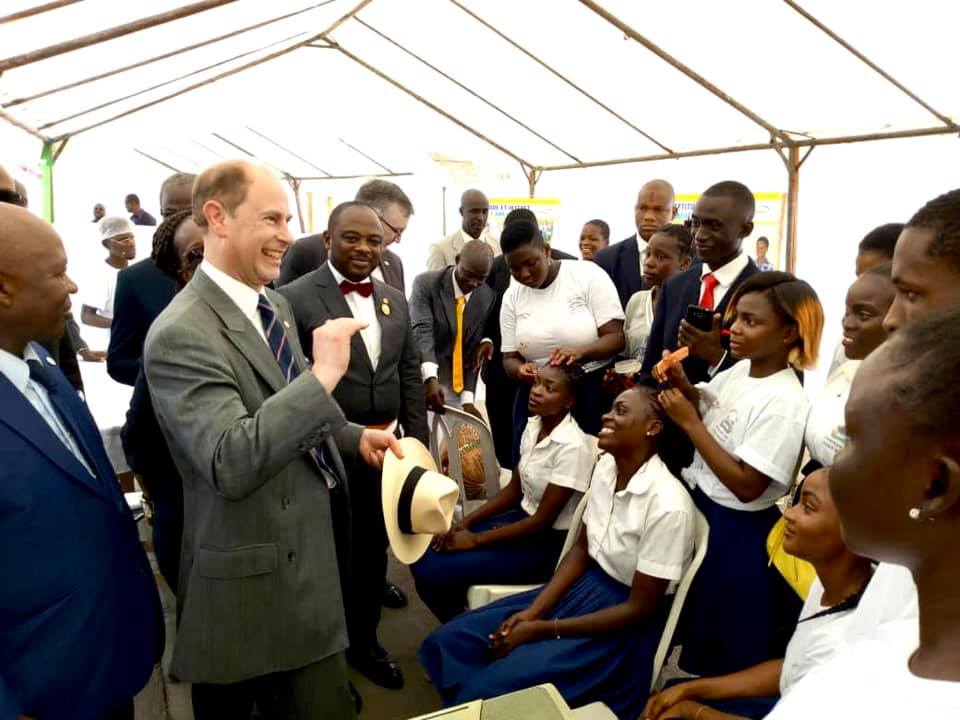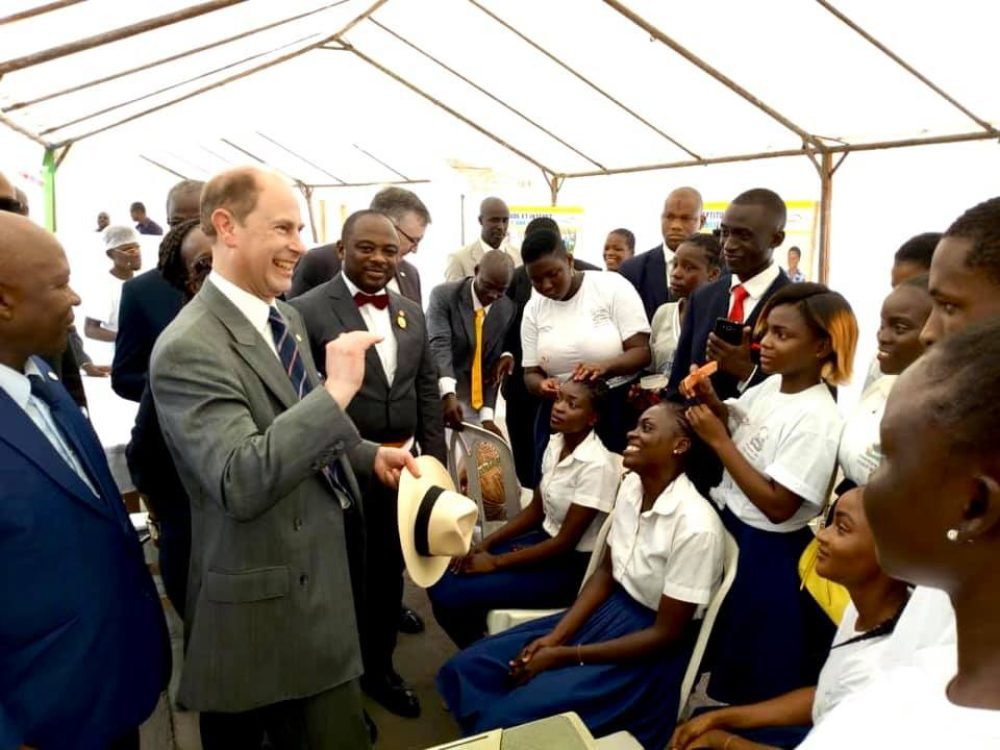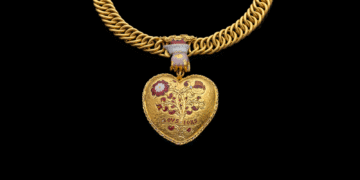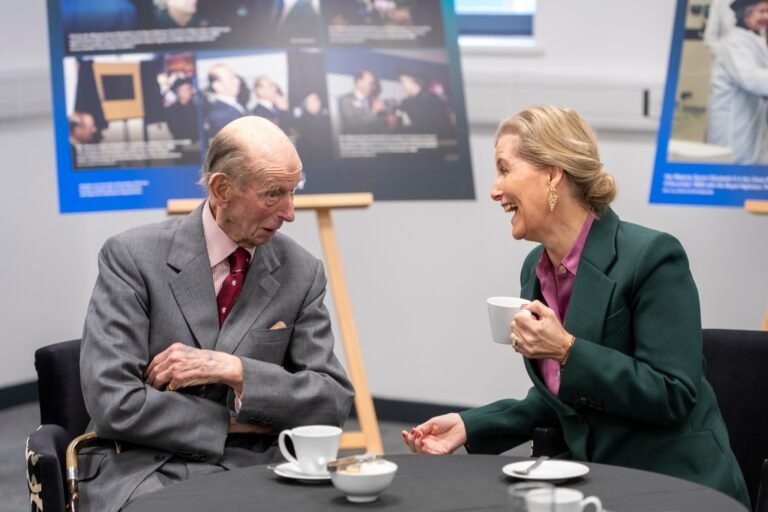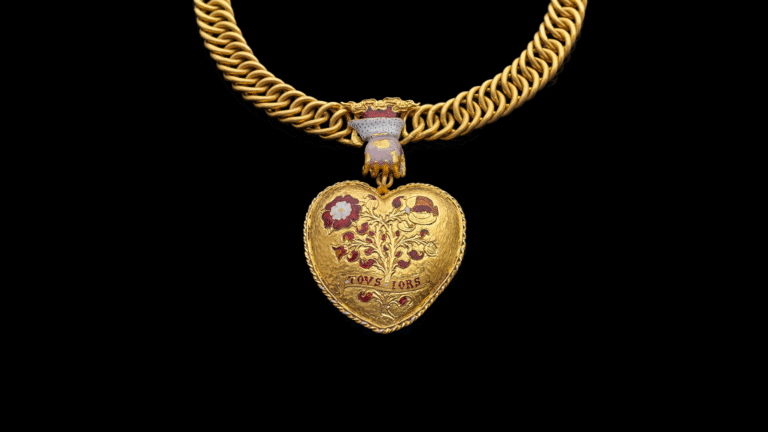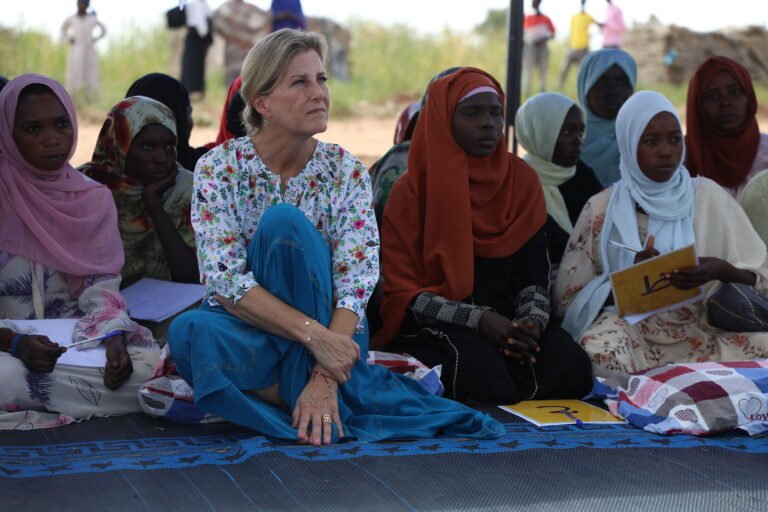Last week, The Earl of Wessex visited Nigeria and Cote d’Ivoire (Ivory Coast) to support The Duke of Edinburgh International Award and to meet young people taking part in the scheme in both countries.
Created in 1956, The Duke of Edinburgh award is available to all 14-24-year olds and gives young people the skills they need for life regardless of their background, culture, physical ability or interests. It was later expanded across the world to help other youngsters.

In Nigeria, Prince Edward visited the Children’s International School in Lagos, where he discussed with award participants their experiences completing the scheme. Reintroduced in Nigeria back in 2014, more than 27,000 young people have participated and over 11,000 are currently working towards achieving their Award.
His Royal Highness is the Chairman of the International Award Board of Trustees and in this capacity he saw how Award have benefited participants and volunteers, developing their life and leadership skills.

The Earl of Wessex also attended a showcase of Nigerian artistic talent, bringing together representatives from national businesses, arts and cultural organisations, the event featured performances from across Nigeria’s creative industries.
Later on, the Earl presided over a Gold Award Ceremony and presented certificates to young people who had succeeded in reaching this level of the Award. Whilst there, Edward encouraged them to be proud of what they have achieved, noting that those young people are the pioneers of the award in Nigeria. Prince Edward also congratulated the Nigerian Government and the Ministry for supporting the award.

Continuing his visit to Africa with The Duke of Edinburgh’s International Award, The Queen’s son visited Cote d’Ivoire, where he arrived to a traditional welcome at the Town Hall of Port Bouet. After the ceremony, the Earl met Award participants, volunteers and group leaders.
Then, The Earl of Wessex, accompanied by the President of the Republic of Cote d’Ivoire, presented 60 young people with certificates during a Gold Award Ceremony, which he also attended in Nigeria. The ceremony is a special opportunity for those who have reached the highest level of the Award to celebrate their achievement.

To end the visit, His Royal Highness visited the Scientific Research Gardens at the Université Félix Houphouët-Boigny.
During the visit, Prince Edward planted a tree, representing both the UK’s and Ivory Coast’s commitment to sustainable biodiversity conservation.
